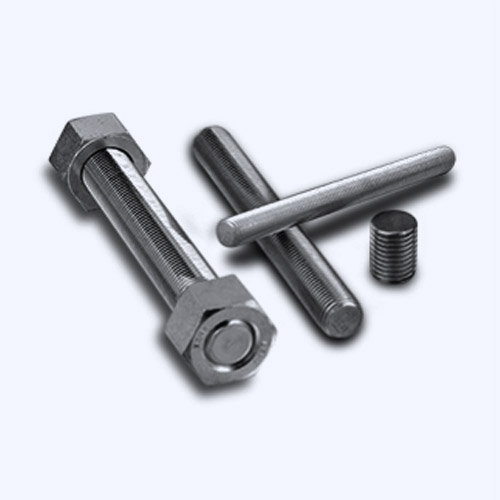set. . 25, 2024 22:49 Back to list
m4 flat washer dimensions
Understanding M4 Flat Washer Dimensions A Guide
When it comes to assembling mechanical components, the importance of washers cannot be overstated. Among the various types of washers available, the M4 flat washer stands out due to its versatility and robust application across different industries. This article delves into the specifications and dimensions of M4 flat washers, providing a comprehensive understanding that can assist in making informed choices for engineering or DIY projects.
What is an M4 Flat Washer?
The M4 designation refers to the nominal diameter of the bolt or screw that the washer is designed to accommodate. Specifically, an M4 bolt has a diameter of 4 millimeters. Flat washers, in general, are thin, disc-shaped plates with a hole in the center, designed to distribute the load of a threaded fastener, reduce friction, and prevent damage to the surface being fastened.
Dimensions of an M4 Flat Washer
M4 flat washers are typically characterized by several key dimensions
1. Outer Diameter (OD) The outer diameter of an M4 flat washer typically measures around 9 millimeters. This size can vary marginally depending on the manufacturer, but it is generally standardized for common use.
2. Inner Diameter (ID) The inner diameter corresponds directly to the size of the bolt it is designed for. Thus, the ID of an M4 flat washer is approximately 4.2 millimeters, allowing it to fit snugly over an M4 bolt, ensuring a secure fit.
m4 flat washer dimensions

3. Thickness The thickness of an M4 flat washer may vary, but it generally falls in the range of 0.5 to 1.5 millimeters. The thickness plays a crucial role in determining the strength and load-bearing capacity of the washer.
4. Material M4 flat washers can be made from a variety of materials, but common options include steel, stainless steel, brass, and plastic. Each material offers distinct benefits; for instance, stainless steel washers provide excellent corrosion resistance, making them suitable for outdoor or high-humidity applications.
Applications of M4 Flat Washers
M4 flat washers are utilized in various applications, including automotive assembly, electrical installations, and machinery construction. They are essential in ensuring that the fasteners achieve the necessary grip without damaging the materials being joined.
In electrical applications, for example, washers help in preventing electrical arcing between the fastener and the conductive materials. In automotive settings, they assist in distributing the load and providing stability to critical components, thus enhancing overall safety and performance.
Conclusion
Understanding the dimensions and applications of M4 flat washers is vital for anyone working in engineering or construction. By recognizing their specifications, you can select the right washer for your specific needs, ensuring reliable and effective performance in your assemblies. Whether you are a professional or a DIY enthusiast, integrating the proper hardware into your projects can guarantee durability and functionality, laying the groundwork for long-lasting results.
-
The Ubiquitous Reach of DIN934 in Application Realms
NewsMay.16,2025
-
Exploring Different Bolt Types
NewsMay.16,2025
-
Cracking the Code of Sleeve Anchor Mastery
NewsMay.16,2025
-
Clamp Design Principles,Types and Innovations
NewsMay.16,2025
-
Artistry Inspired by the Humble Anchor Bolt
NewsMay.16,2025
-
A Deep Dive into Screw Types
NewsMay.16,2025


